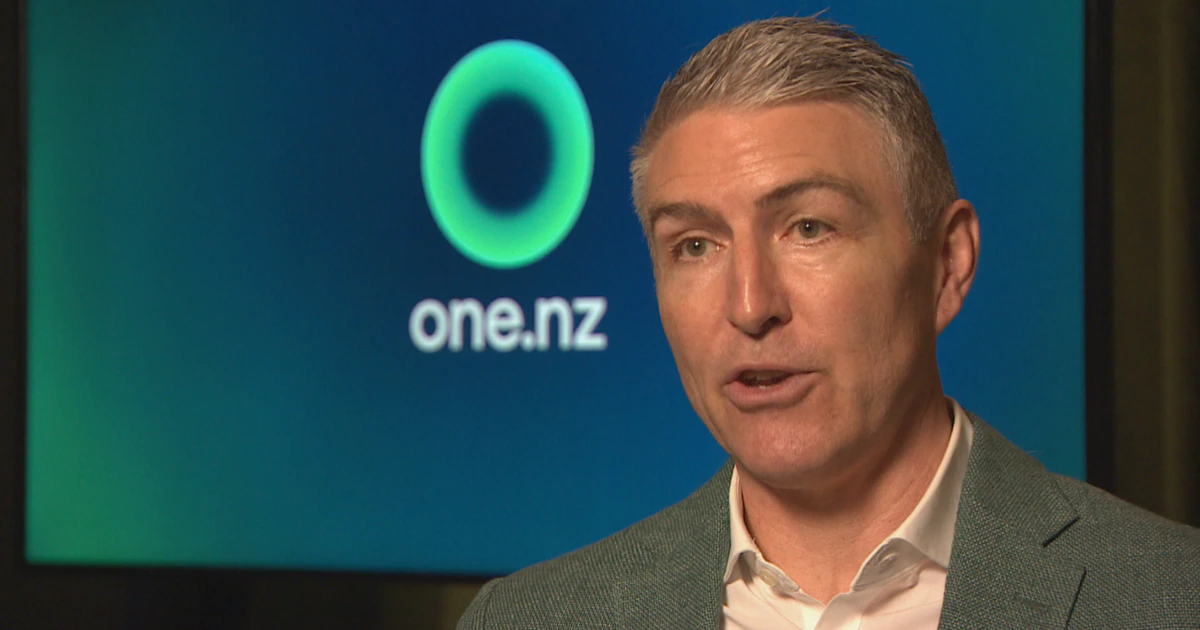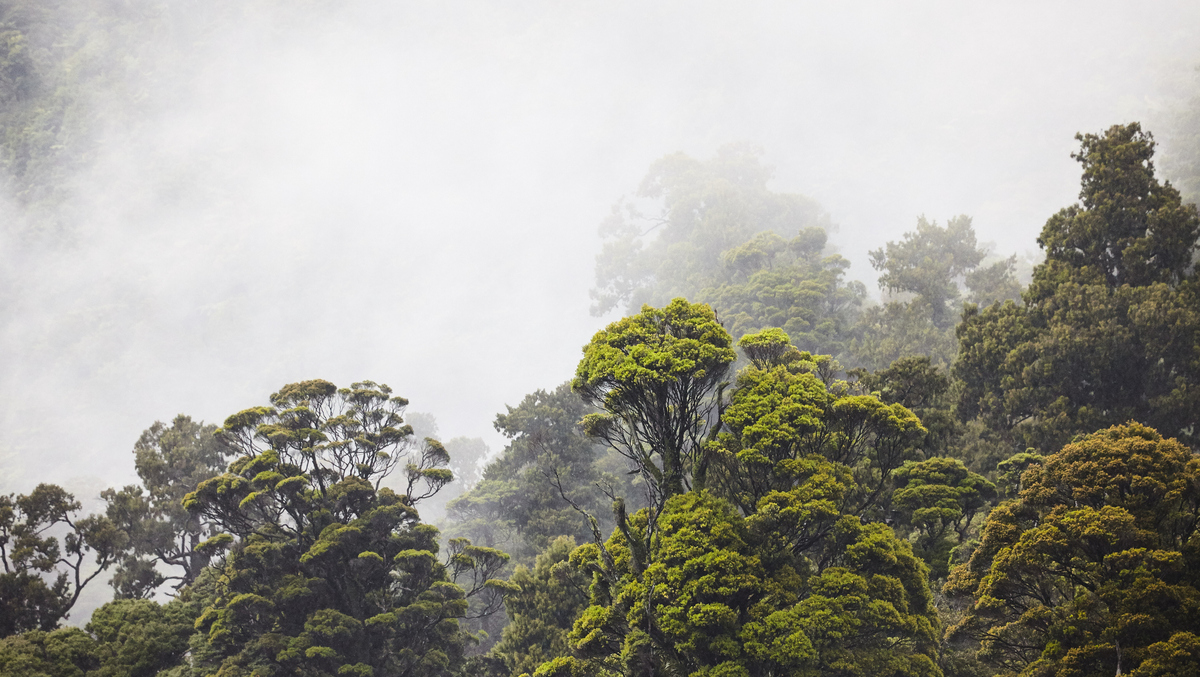How NZ’s top 3 telcos are protecting Kiwis from cyber threats
Ahead of Cyber Smart Week and following the cyber attack on Australian telecommunications company Optus, 1News checked in with three major players in the New Zealand market to see how Kiwis are being protected from cyber crime.
The computer hacker who stole the personal data of almost 10 million customers of a telecommunications company in one of Australia’s worst privacy breaches used techniques to conceal their identity, actions and whereabouts, police said on Friday.
But Optus maintains it was the target of a sophisticated cyber attack that penetrated several layers of security.
1News spoke to telecommunications companies, Spark, Vodafone and 2degrees about their security measures and how they help keep their customers’ data safe.
Vodafone/One NZ
Sam Sinnott, spokesperson from Vodafone, said it’s aware of the cyber attack on Optus, “and like all large companies, we take our responsibilities around cyber security extremely seriously”.
“Due to the sensitive nature of this topic, we can’t share more detail with you, however we regularly test and review our cyber security defences, including the technology, processes, and training that we have in place to keep our customers, systems, and employees secure.
“We can also share that DEFEND is an award-winning company themselves and their expertise is invaluable to New Zealand businesses. DEFEND offers a range of threat protection services as well as incident response and security management and has won multiple awards including Microsoft’s New Zealand partner of the year for 2022,” Sinnott said.
At an announcement about the company’s rebrand to One NZ last week, chief executive Jason Paris said Vodafone has a 24/7 manned cyber defence centre.
He said every business customer will have the opportunity to upgrade to Microsoft’s premium security offering as Vodafone becomes One NZ.
“Given what’s happening recently in Australia – the security breaches and the constant attacks that New Zealander’s don’t see but we defend every single day – it’s a great thing for New Zealand businesses,” Paris said.
Paris said the company has a range of world-leading technology solutions that makes sure “we are sensing in real-time all of…


